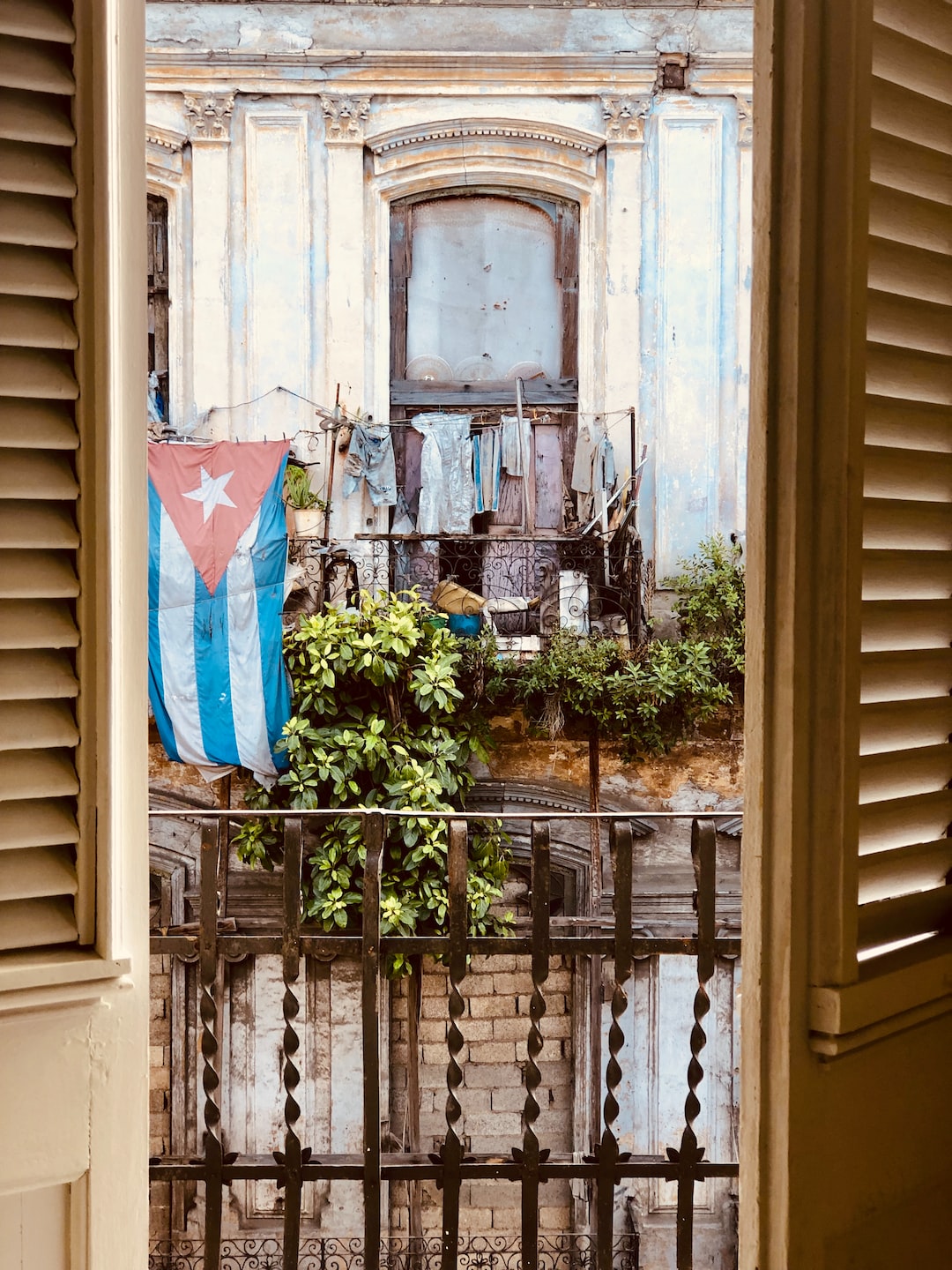Exploring the Tobacco Farms of Vinales from Havana
Deep in the heart of the Pinar del Río province, surrounded by lush green valleys and striking limestone cliffs, lies the picturesque town of Vinales. Known for its rich agricultural heritage, this small town is at the center of Cuba’s foremost tobacco-growing region. Just a short distance from the bustling streets of Havana, a day trip to Vinales offers visitors a chance to explore the tobacco farms, witness the traditional methods of cigar making, and immerse themselves in the beauty of the countryside.
The journey starts early in the morning from Havana, as travelers embark on a scenic drive through the Cuban countryside. The three-hour drive to Vinales is a journey in itself, showcasing the diverse scenery that Cuba has to offer. Vibrant green fields, dotted with rusty old tractors and charming rural towns, pass by the window as the journey progresses towards the tobacco heartland.
Upon arrival in Vinales, one is instantly captivated by the tranquility and charm of this rural town. The main street, lined with colorful houses, local businesses, and horse-drawn carriages, sets the tone for an immersive cultural experience. It is here that the journey to the tobacco farms truly begins.
A local guide, well-versed in the history and traditions of tobacco farming, will lead the way through the verdant landscape to a tobacco farm. On this journey, visitors will learn about the different varieties of tobacco grown in the region, as well as the meticulous process required to produce the world-famous Cuban cigars.
As travelers approach the farm, the sweet aroma of tobacco fills the air, inviting them to step into a world frozen in time. The sight of tobacco plants, neatly arranged in rows, stretching as far as the eye can see, is a sight to behold. The guide will explain the labor-intensive process behind cultivating these valuable plants, from seeds to harvest.
Visitors will have the opportunity to witness the traditional methods of cigar production, which have been passed down for generations. The skilled hands of the farmers, deftly rolling leaves into perfectly formed cigars, showcase the expertise that goes into creating each handcrafted piece. This showcase of craftsmanship is not only fascinating to watch but also provides a deeper appreciation for the artistry and dedication that ultimately leads to the legendary Cuban cigars.
Beyond the tobacco farms, Vinales offers plenty more to explore. The magnificent Mogotes, towering limestone cliffs that dominate the surrounding valleys, provide a breathtaking backdrop for hiking, rock climbing, and horseback riding adventures. Immersing oneself in the stunning natural beauty of this region is a must for any visitor, offering a chance to connect with nature and witness the unspoiled charm of rural Cuba.
For food enthusiasts, Vinales offers a plethora of traditional Cuban dishes. The local farm-to-table cuisine showcases ingredients sourced straight from the surrounding farms, ensuring the freshest and most authentic dining experience possible. Savoring a meal in a rustic farmhouse setting, sampling traditional dishes bursting with flavor like Ropa Vieja or Moros y Cristianos, is the perfect way to immerse oneself in the regional culinary traditions.
Before bidding farewell to Vinales, visitors should not miss the chance to sample the local tobacco at one of the tobacco houses in town. Here, tobacco enthusiasts can experience firsthand the flavors and depth that make Cuban cigars so renowned worldwide. Whether you choose to light up a cigar and savor the moment or simply bring back a few to share with loved ones, the tobacco houses of Vinales offer a delightful encounter with an integral part of Cuba’s cultural identity.
As the day draws to a close and travelers make their way back to Havana, they are left with a deep appreciation for the rich history, traditions, and natural beauty that embody Vinales. Exploring the tobacco farms of Vinales from Havana provides an unforgettable experience that evokes a deeper connection to Cuba’s agricultural legacy and cultural heritage.

